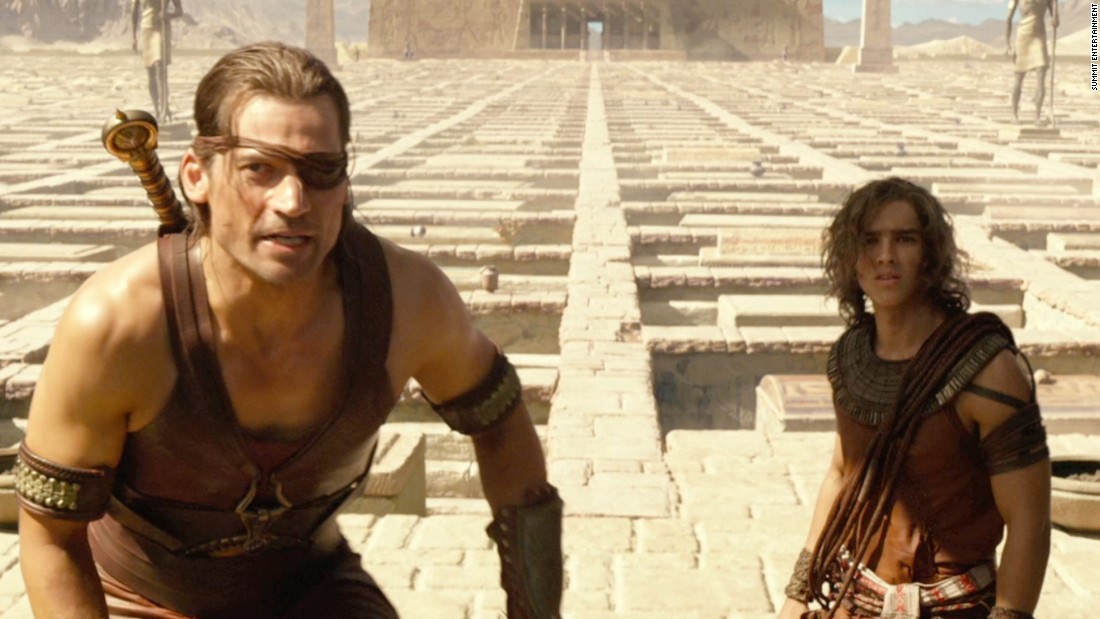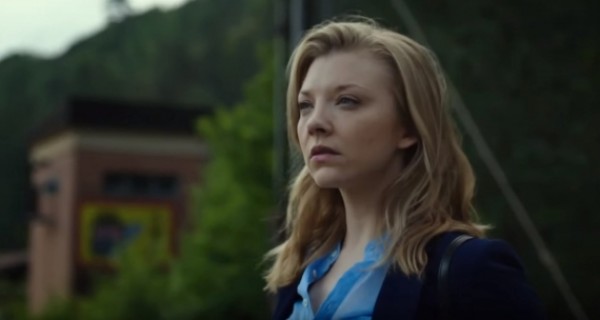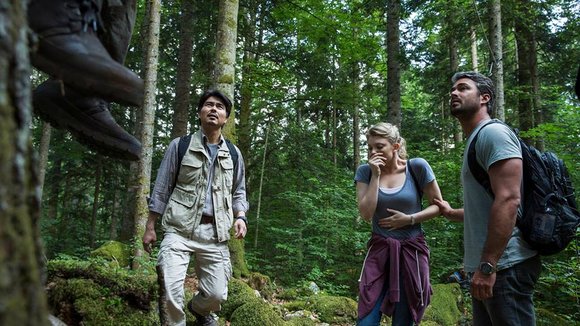
Much like "The Forest," a 2016 horror movie that relies heavily on its macabre setting to spur success, "Blair Witch" takes audiences into the Black Hills Forest of Maryland where it proceeds to bore and benumb, and I couldn't help but feel as if I'd seen this rodeo before. (Perhaps that is because this sequel to "The Blair Witch Project" functions more or less as a reboot—it not only resembles the fictitious documentary in terms of its story and structure, but it attempts to frighten viewers with the same uninvolving and predictable plot devices.) The formula here is simple: build up a small amount of suspense until there's about a half hour of running time left in the picture, and then pummel moviegoers with an inordinate number of jump scares and grotesque images in the hopes that at least one audience member's blood curdles. Not to sound too harsh, but I hated this movie.
The storyline goes something like this—James Donahue (James Allen McCune), a younger sibling to one of the missing hikers from the first film, stumbles upon some video evidence that suggests his older sister may be alive. (Although it has been 20 years since her disappearance, and despite the fact that the FBI scoured the area with little confirmation of her survival, our impressionable protagonist believes there is still hope. To be fair, the FBI never found D.B. Cooper, either.) Donahue recruits a couple of poor saps to aid him in his search (this includes a childhood friend named Peter (Brandon Scott), an aspiring filmmaker in Lisa (Callie Hernandez), and two locals who are obsessed with the Blair Witch legend), and before you know it, the horror flick becomes a carbon copy of the original minus the ingenuity. In layman's terms, the motivation for this particular venture into the woods is dissimilar, yet the happenings that take place are all too familiar.
Sure, there are several different subjective viewpoints this time around (each character has his or her own filming device), and there are a handful of pulse-pounding moments that might stir up some frightful feelings, but one has to see the bigger picture. (I rarely award a movie zero stars; it is the lack of inherent value, I think, that brings about this rather unenthusiastic assessment. And you know, sometimes you have to send a message.) Of course, there is nothing structurally significant about this film, and outside of a gripping performance by Hernandez, the acting seems to be bumbling at best. Let's call a spade a spade—"Blair Witch" is offensively banal and bromidic, and Lionsgate should be ashamed of themselves for this obvious money-grabbing effort.
Part of the problem is that there is no accountability when it comes to films of this magnitude; I could never blame the actors or filmmakers for their involvement. (It's hard enough getting work in Hollywood as it is, and you've got to take what you can get.) This is simply a blatant attempt to repackage a prior success and sell it as if it were something that it's not—unique and worthwhile. I mean, it is "The Blair Witch Project" just refinished and with less inventiveness. Case in point: Screenwriter Simon Barrett is on record stating that his participation in this collusion merely consisted of the crafting of one or two minor characters, and he was basically given a synopsis that mirrored the first script. (Perchance the protagonists could have been a tad more interesting.) Even if "Blair Witch" bombs at the box office, the consequences will surely not be felt. For, Lionsgate has a multitude of profitable products, so what's the big deal if one doesn't perform up to par? It's low-risk filmmaking at its finest, and that, folks, is the real issue.
In the meantime, can we not put an end to the found-footage film? Clearly, the horror genre has used up all of the allure attached to these kinds of movies, and the camerawork involved could be pulled off by any regular Bob Burns. Which brings me to my follow-up question: Are we ever going to get back to true terror in cinema? Today's horror selections are visibly plagued by an inadequate amount of suspense, and if the truth be known, they also seem to suffer from poor scriptwriting and acting that is by all accounts dreadful. I know I've said a variation of this before, but filmmakers such as Alfred Hitchcock or even Wes Craven (bless his soul) are not walking through that door. At this very late hour, the horror genre is undoubtedly ailing, and it is going to take more than a heavy dose of jump scares and shaky camera movements to generate something of a worthy offering. One can only trust that next time Lionsgate will spare us all and forget to pull the trigger.





